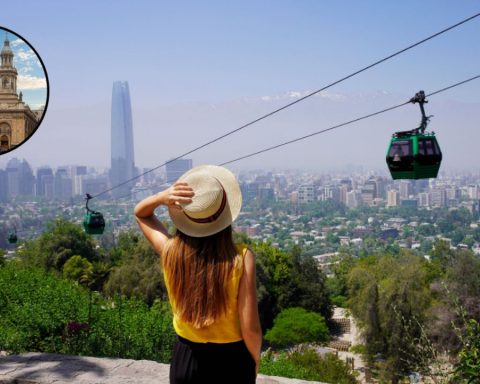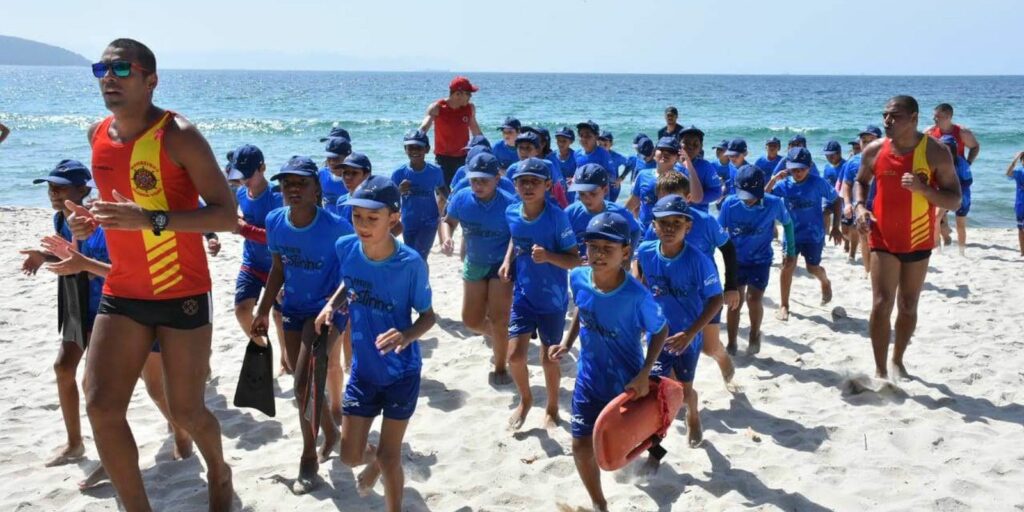Four months before the elections where the members of what will be the Constitutional Council will be elected (May 7), who will be in charge of drafting the proposal for a new Constitution based on a draft designed by a council of experts and twelve Based on the bases agreed by the different political forces in Parliament —with the exception of the People’s Party (PDG) and the Republican Party—, the Christian Democracy (DC) seeks to define its electoral strategy.
This Saturday, January 7, the national directive of the DC and national councilors will arrive at Alameda 1460 to celebrate the first face-to-face national council after the pandemic. This when the party is going through a crisis after the resignation of several party members, such as Ximena Rincón and Matías Walker, who together with others founded the party in formation Democratas.
You may also like:
“We hope that this new constitutional process can reunite with our road allies. We hope to define the electoral alliance and go with the PPD, the PR and the PL, but I also thought about it with the Democrats,” he explained to The Mercury Gianni Rivera, national vice president of the DC.
The Christian Democrats explain that they will focus on reflecting on the alliances for 2023 (where the elections for constitutional councilors would be held on May 7), on the regional and municipal ones in 2024, and the parliamentary ones in 2025.
Three alternatives have been studied. The first is about competing individually; the second, a single list with the entire Government; and the third is to face the elections together with Democratic Socialism.
The formation of the board of directors —the deputy Alberto Undurraga (DC) was elected two months ago— is another of the pending issues to be addressed in this national council. There are two vacancies, one vice-presidency left by Senator Yasna Provoste (DC) when she left the board, and another left by deputy Joanna Pérez, who left the party.















